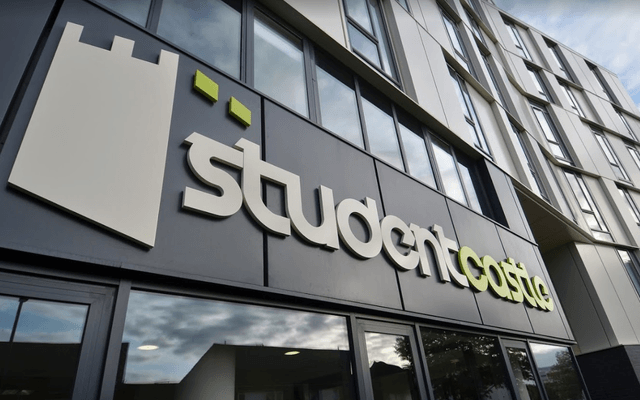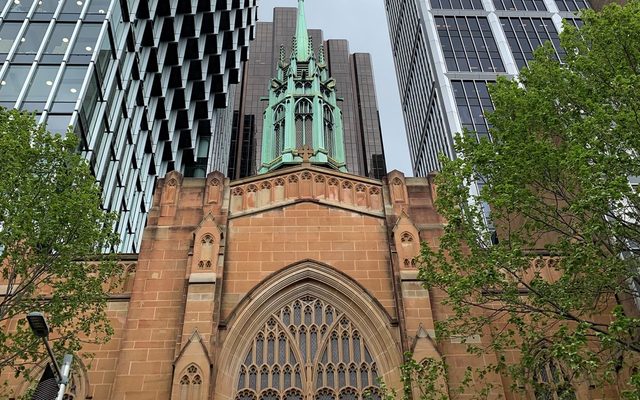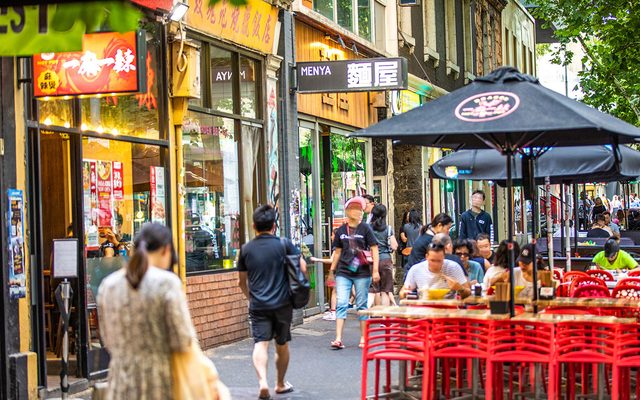This article is from the Australian Property Journal archive
THE proliferation of tech firms has driven the take-up of office space in Sydney’s CBD, and the sector is forecast to take over from finance as being the key driver of demand in the city.
Cushman & Wakefield’s Tech and the City report shows tech tenants have signed 40 leases across 64,000 sqm in all parts of the CBD over the past 12 months, beyond the high-profile premium grade space taken up around Martin Place by global operators including Apple, Dropbox and LinkedIn.
Leases have been secured for building grades ranging from Premium to C, and for spaces from around 100 sqm to more than 17,000 sqm, which Cushman & Wakefield negotiated for the New South Wales Government’s Sydney Startup Hub at Wynyard Green and is anticipated will be used mostly by tech tenants including Stone & Chalk and Fishburners
John Sear, Cushman & Wakefield’s national director, research, said demand for CBD space from tech tenants has been driven by a desire for a work environment that will help attract and retain talent.
“The trend is set to continue with tech related space requirements expected to grow by nearly 100,000 sqm over the next five years. As a result ‘tech’ is taking over from finance as being a key driver of demand for Sydney CBD office space,” he said.
The centralisation follows a period in which tech firms had been drawn to Macquarie Park, which Sear said was based on a desire to create a Silicon Valley or Stamford University-type hub working closely with Macquarie University and with access to office accommodation and warehouse space.
Sear said a move to cloud computing, technological innovation in a range of service industries and a desire to attract and retain talent by offering a work environment with excellent public transport and close proximity to retail amenities has helped drive the move to the city.
“Software applications are now usually supplied over the web rather than on disks and with people the major asset of tech firms, management are keen to establish a work environment to attract and retain the best talent,” he said.
A recent JLL report suggested that the low vacancy and limited new supply in the CBD over the next two-to-three years is expected to see tech firms look to locations such as North Sydney and Parramatta for office space.
“The financial metrics will be a factor in the decision but primarily it will be driven by a need to be close to rail transport, vibrant amenity and access to a large and diverse talent pool,” JLL’s NSW head of office leasing, Dan Kernaghan said.
Tech is also expected to supersede finance sector as the link between office demand in the Sydney CBD and the fortune of the financial markets weakens.
Sear said that with around 30% of the CBD workforce employed in the finance and insurance sector, changes in CBD office demand have historically been correlated with share market performance.
“However, in recent years the relationship has broken down with relatively strong demand for office space despite soft share market performance,” Sear said.
The JLL report identified three key factors affecting location choice for tech firms, being access to talent pools, supportive government policy and cost.
Kernaghan said there has been a recent innovation push in Australia with the government throwing support behind start up incubators and accelerators, citing Wynyard Green as a prime example.
“In this case, supportive government policy has been a key driver getting this project off the ground.”
JLL’s Australian head of research, Andrew Ballantyne, said the current attraction to Martin Place was reflective of from technology firms in major cities around the world showing a desire to cluster in order to achieve the benefits of economies of agglomeration.
“Specifically, they are seeking knowledge spill-overs and the sharing of ideas amongst a diverse range of individuals.”
Australian Property Journal




